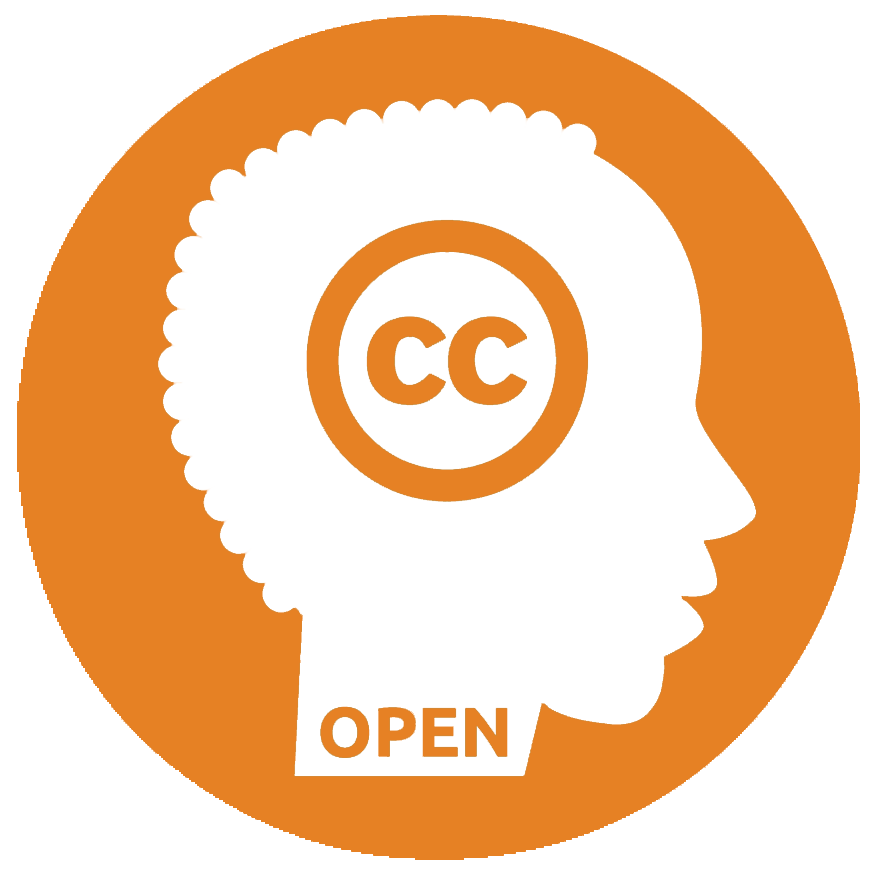Your search
Results 5 resources
-
Language abilities in the early years are a strong predictor of children’s success in school. However, a considerable number of children enter school with poor language skills. Therefore, one of the most important but also challenging mandates of early childhood education and care [ECEC] is to promote these skills before school enrolment. Meta-analytic evidence suggests that shared book reading is a valuable tool to narrow this gap in the early years. In the digital age, ebooks might offer...
-
Previous empirical studies on the effect of scaffolding in game-based learning environments have shown inconsistent findings. In this study, we conducted a meta-analysis to examine the effect of scaffolding in digital game-based learning (DGBL) and to explore a range of moderating factors that may have contributed to the inconsistencies of primary studies. We used the three-level meta-analysis method to analyze the data for handling data non-dependency issues of multiple effect sizes in one...
-
This study seeks scientometric, content and co-occurrence analysis of systematic review and Meta-analysis articles in the feld of gamifcation in education. In terms of purpose, this is an applied study and regarding type, it is a scientometric and co�occurrence analysis. The researchers conducted a search in WoS, Scopus and Pub�Med databases. The abstract and full text of 25 out of 71 articles were selected to be included in the study. Then, the citation and altmetrics indicators were...
-
This meta-analysis extended the current literature regarding the effects of computer technology (CT) on mathematics achievement, with a particular focus on low-performing students. A total of 45 independent effect sizes extracted from 31 empirical studies based on a total of 2,044 low-performing students in K-12 classrooms were included in this meta-analysis. Consistent with previous reviews, this study suggested a statistically significant and positive effect of CT ([Formula: see...
-
The present article attempts to reinterpret the findings of most recent studies investigating effect of using games for teaching purposes. A methodological approach combining a meta-analysis of quantitative data with qualitative ones was adopted in order to present the broadest picture of the current research on educational use of games. To this end, we conducted a meta-analysis of 180 effect size comparisons out of 154 empirical studies on the effect of both digital and non-digital games on...
Explore
Outcome measure
- Engagement (1)
- Learning
- Motivation (1)
Instructional domain (subject)
- Computing (1)
- Languages (1)
- Literacy (2)
- Mathematics (4)
- Multiple (3)
- Science (2)
- Social Studies (1)
- STEM (2)
Education Level and Type
- ECE 0-7 (2)
- High school 16-18 (2)
- K-12 (1)
- Middle school (1)
- Primary 7-10 (2)
- Secondary 11-16 (2)
- Tertiary (1)
Groups of students
- _No mention (2)
- At-risk (1)
- Gifted students (1)
- Low-performing (1)
- typically-developing students (1)
Moderating variables
Tech Hardware
- Computer (2)
- E-book hardware - e.g. kindle (1)
- Handheld device (1)
- Interactive whiteboards (1)
- Multimedia (1 or more) (4)
- Tablet (1)
- Touch-screen (1)
Tech Software
- Computer Algebra Systems (1)
- E-book software (1)
- Game learning (3)
- General apps (2)
- Intelligent Tutoring (1)
- Tutorials (1)
- Virtual Reality (1)
Tech mechanism
- Feedback (2)
- Gamification (3)
Learning Approach
- Blended learning (1)
- Classroom learning (2)
Teacher Pedagogy
- Feedback (1)
- Game-based learning (1)
- Group learning (1)
Research methods
Effect size/ heterogeneity
HIC/LMIC
- HIC (high income) (1)
- Mixture or unknown (4)
Quality of research
- High: 6+ (4)
- Medium: 4 or above (1)
Geography if specific
- _no mention (2)
- Mixture (2)

